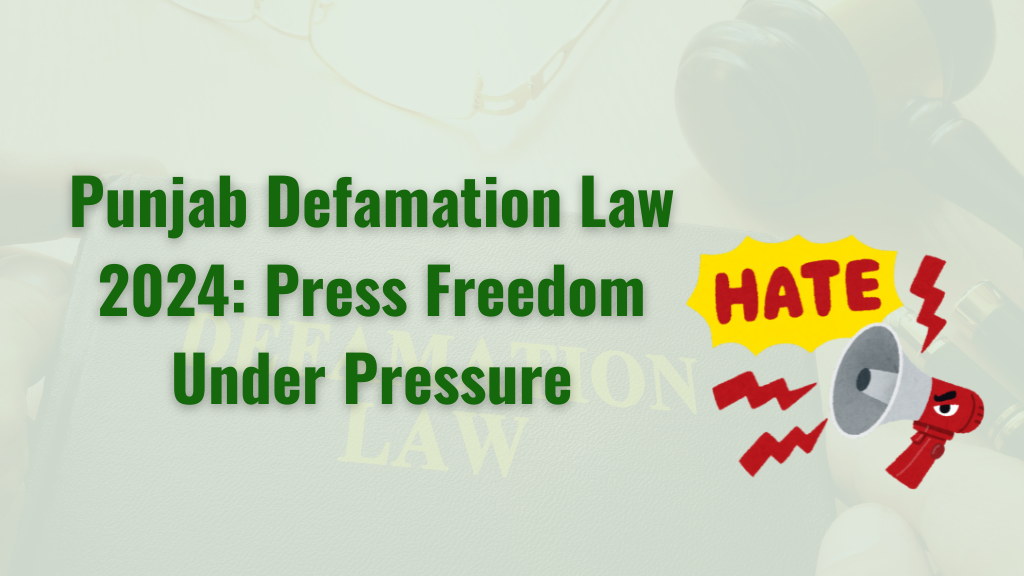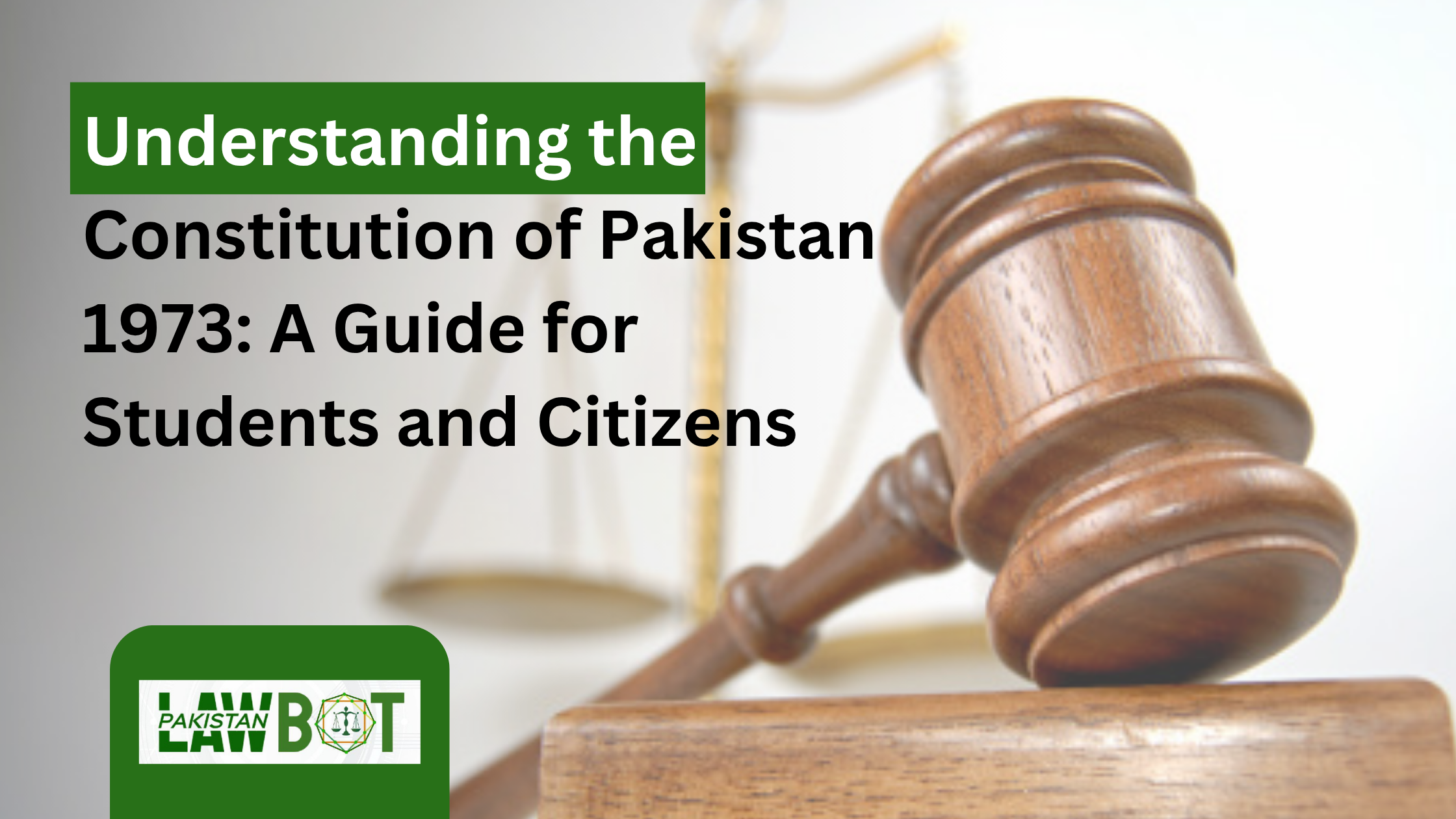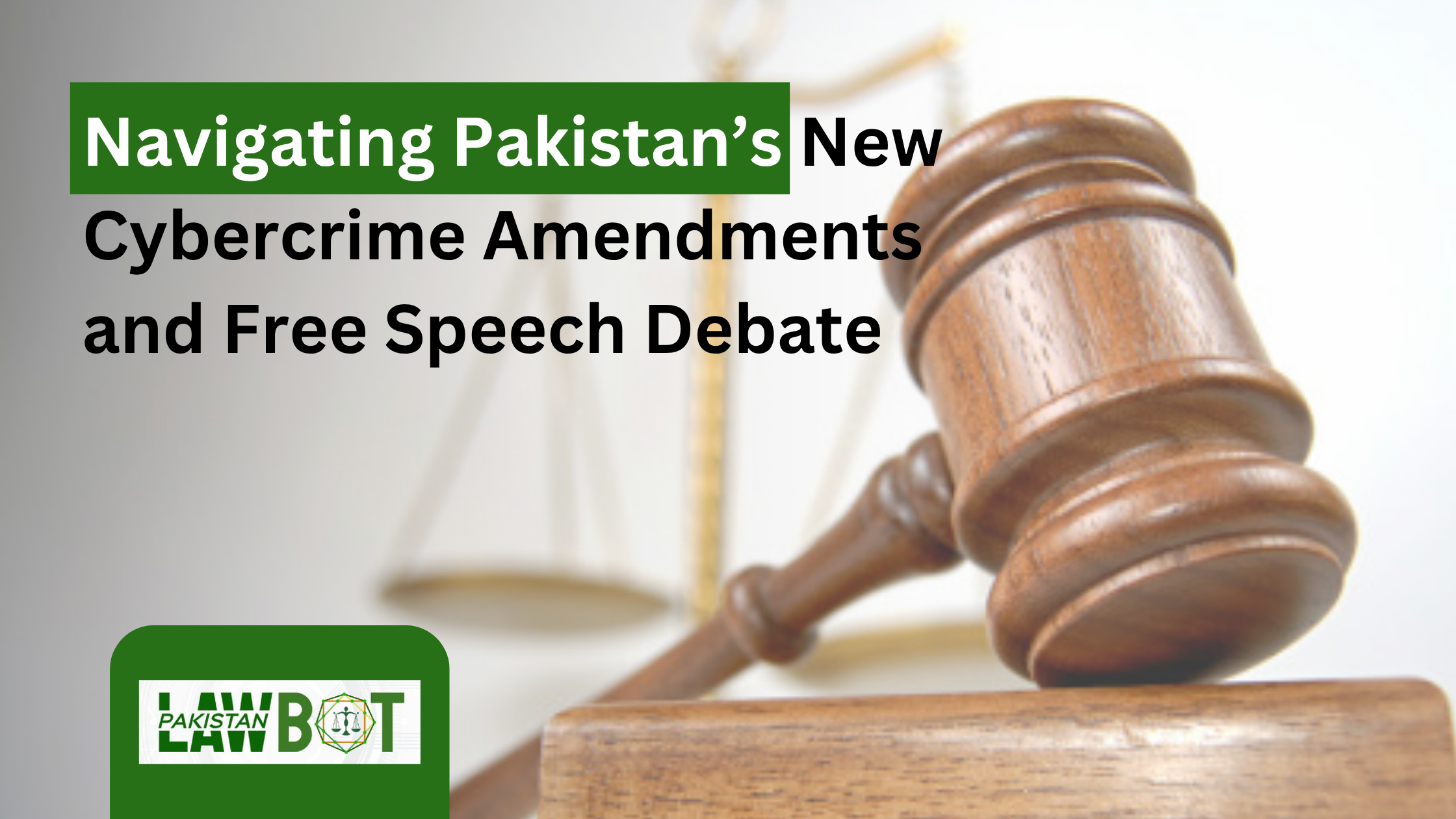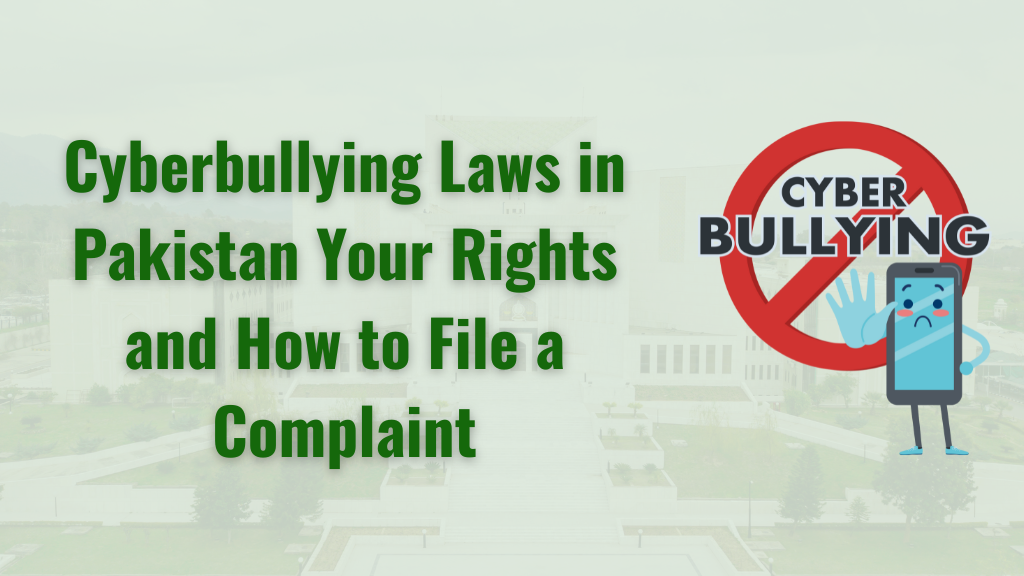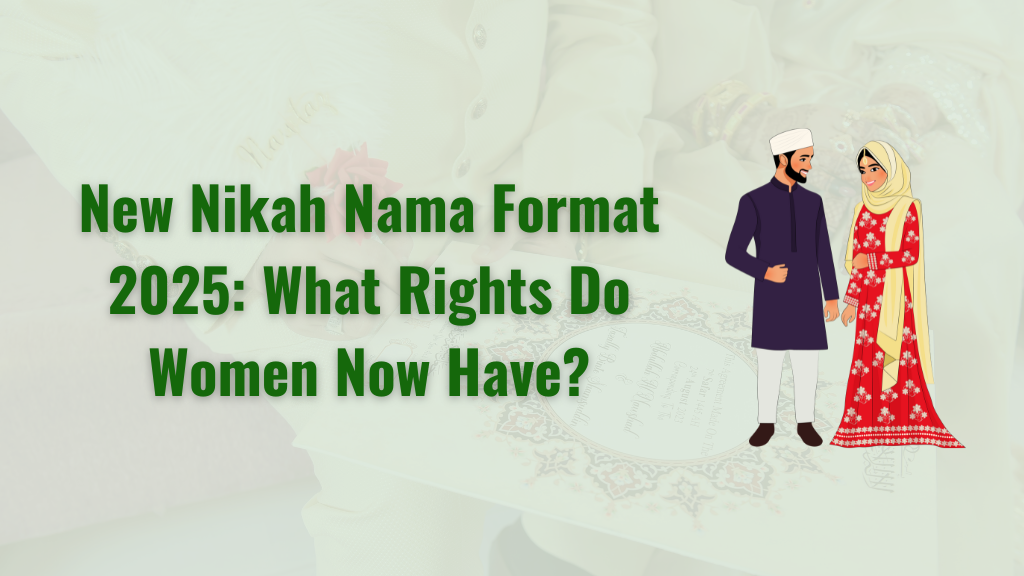Introduction
In 2024, the Punjab government introduced a controversial defamation law that has sparked intense debate across Pakistan. Journalists, civil society, and human rights advocates are calling it a direct threat to freedom of expression. The Punjab Defamation Law 2024 aims to regulate what it labels as false and harmful online content. But critics argue that the law could be weaponized to silence dissent and restrict press freedom.
This article explores the key features of the law, the concerns raised by various stakeholders, its potential impact on journalism, and what this means for democratic values in Pakistan.
What Is the Punjab Defamation Law 2024?
The Punjab Defamation Law 2024, officially passed by the provincial assembly in May 2024, is designed to provide legal remedies against false accusations, character assassination, and online defamation. According to the government, the law is meant to protect citizens—especially women—from online harassment and reputational harm.
Key Provisions of the Law
-
Tribunal Formation: A special tribunal will handle defamation complaints, promising resolution within six months.
-
Penalties: Fines of up to Rs. 3 million for defamatory content, even without proving actual harm.
-
Burden of Proof: The accused must prove their claims were true—a shift from the traditional legal principle of “innocent until proven guilty.”
-
Online Content Included: Social media posts, YouTube videos, blogs, and even WhatsApp messages can fall under scrutiny.
Press Freedom: The Main Point of Contention
While defamation laws exist globally, what makes this legislation controversial is its broad language and fast-tracked legal mechanism. Journalists argue that it is vague, allowing powerful individuals to target media personnel who report on corruption, governance failures, or political wrongdoing.
A Tool for Suppression?
Journalists believe the law could be used to intimidate independent voices. With hefty penalties and short response windows, many fear that media houses might avoid publishing sensitive stories altogether—leading to self-censorship.
Reactions from Journalists and Civil Rights Groups
The law was met with widespread protests from press unions, digital rights groups, and opposition parties. Organizations like the Pakistan Federal Union of Journalists (PFUJ) and Digital Rights Foundation issued statements warning about its dangerous implications.
What the Critics Say
-
Freedom of Expression Threatened: Critics believe the law undermines Article 19 of Pakistan’s Constitution, which protects free speech.
-
Lack of Safeguards: There are no clear exemptions for investigative journalism or whistleblower protection.
-
Speedy Trials as Pressure Tactic: A six-month window sounds efficient, but in defamation cases, it can encourage rushed judgments.
Supporters’ Perspective: Why Some Think It’s Necessary
While the backlash has been strong, the Punjab government and some civil society members argue that the law addresses a real problem—the unchecked spread of fake news and character attacks, especially on social media.
Protecting Women and Public Figures
Supporters emphasize that the law could help protect women activists, celebrities, and politicians who are frequently harassed online with fabricated stories or doctored images.
They also argue that it brings accountability to digital spaces, which are often unregulated and misused.
Comparing with Existing Laws in Pakistan
Pakistan already has multiple legal frameworks addressing defamation and cybercrime, such as:
-
PECA 2016 (Prevention of Electronic Crimes Act): Covers online harassment, fake news, and cyberbullying.
-
Pakistan Penal Code Sections 499–502: Define and punish defamation.
So, what makes the Punjab Defamation Law 2024 different? It adds a parallel legal route, which is provincial and more focused on rapid resolution—but at the potential cost of due process and press independence.
Global Perspective: Are Such Laws Unique?
No. Defamation laws exist in many countries. But the key difference lies in how they’re implemented.
International Standards
-
In democracies like the UK and USA, defamation laws often include public interest defenses and require a high burden of proof.
-
UNESCO has repeatedly stated that defamation should be handled as a civil issue, not a criminal offense, and that press freedom must be preserved.
The Punjab law, however, risks criminalizing journalism by not incorporating these protections and standards.
Legal and Ethical Dilemmas for Journalists
The Punjab Defamation Law 2024 creates a conflict between ethical journalism and legal risk. For example, a reporter investigating land grabbing or corruption might avoid naming individuals due to fear of being sued, even with verified sources.
Chilling Effect on Investigative Reporting
Investigative journalism, which plays a key role in a democratic society, may suffer the most. Journalists could be forced to self-censor or avoid sensitive topics altogether. The risk of litigation or financial penalty might outweigh the public interest benefit.
Public Trust and Media Accountability
It’s important to note that media accountability is also crucial. Fake news and baseless allegations damage reputations and trust in journalism. However, the solution lies in strengthening journalistic standards—not in silencing critical voices.
Possible Middle Ground
-
Creating independent media councils to address defamation complaints.
-
Encouraging fact-checking initiatives.
-
Improving digital literacy among the public to differentiate between real news and misinformation.
Call for Amendments and Dialogue
Legal experts and press organizations have demanded a review of the law. They are not rejecting the need for defamation protections altogether but want balanced legislation that respects both dignity and freedom.
Recommended Amendments
-
Add exemptions for public interest journalism.
-
Include a clear appeals process.
-
Shift the burden of proof back to the accuser, maintaining the legal principle of presumed innocence.
Conclusion
The Punjab Defamation Law 2024 has triggered a crucial national conversation about the balance between protecting individuals’ reputations and upholding press freedom. While the law aims to fight misinformation and online harassment, its broad language and harsh penalties risk turning it into a tool for censorship.
As Pakistan navigates this legal territory, it must ensure that freedom of the press is not sacrificed in the name of accountability. The best way forward is inclusive dialogue, legal refinements, and a commitment to democratic values.

